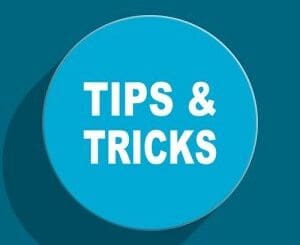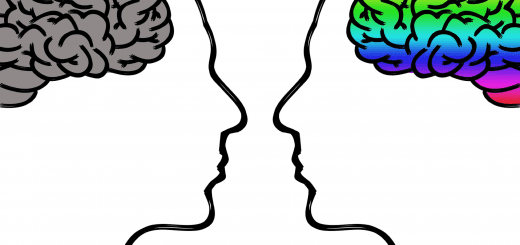Emotional First-Aid
Why is it important to heal your emotions?
During his practice, Guy Winch, a licensed psychologist and author, noticed how most cultures value the body over the mind. He points out that we experience more emotional pain (loneliness, failure) than physical pain (bumps, bruises), but we do something about our physical pain (ice, band-aid) while letting the emotional pain build up.
Listen to Guy’s TED Talk to learn more about how emotional pain affects your body and life AND how to fight those feelings.
Here are 7 ways to practice emotional health:
1. Pay attention to emotional pain. Make sure to notice and accept when it happens and treat it before it takes over your life. (Example: I am so mad right now – ok well I am really upset and I have to deal with it – who do I trust I can talk to about what to do next?)
2. Psychological wounds make it easy for one to lead to another. To stop this emotional spiral, make it a point to go against your “gut” feeling/reaction to feeling helpless. Make a list of things in your life that you can control, like preparation and planning for an event, and how you can improve them. (Example: This friend always gets me down. I am going to take a break from him/her and spend time with someone else for a change.)
3. Protect your self-esteem. When you begin to think about putting yourself down, reverse that thought and be compassionate about yourself. (Example: About to post a funny face selfie on Instagram with comment: ‘Man do I suck at life.’ Instead: make a funny meme and get some laughs with friends. Think: I am good at getting laughs!)
4. When these negative thoughts are taking over, take 1 minute to distract yourself with another activity that requires concentration (ex: word puzzles). (Example: Notice you are thinking mean thoughts about yourself. Take a break and notice what is going on outside.)
5. Find purpose and meaning in loss. Think of what you might have gained from the loss and how it helped you personally. (Example: Ok, so I didn’t make the team. Now I have time to get a job and make some extra cash.)
6. Excessive guilt is toxic; it expends your intellectual and emotional energies, distracts you and prevents you from living in the moment and enjoying it. One of the most effective ways of relieving guilt is by apologizing, even if you already have before. To make an apology most successful, and a piece that most lack, is an ’empathy statement.‘ This means a statement less explaining what you did, but more on how your actions (or lack of) impacted the other person. By receiving this type of apology, the other person is more likely to convey authentic forgiveness, and your guilt is more likely to be resolved. (Example: I’m sorry I yelled at you, but sometimes you are really a crappy driver. Instead: I’m sorry that I yelled – when I do that it probably stresses you out even more about driving.)
7. Every person is unique and built differently; each person has different experiences which have shaped their psyche in a certain way. Therefore, it is important to find what techniques and treatments work for you and your specific emotional wounds.
Source: TED
Featured Photo Credit: CascadeAndSTAN via Compfight cc
Let us know if you have any other ways of healing your emotions below!





Recent Comments